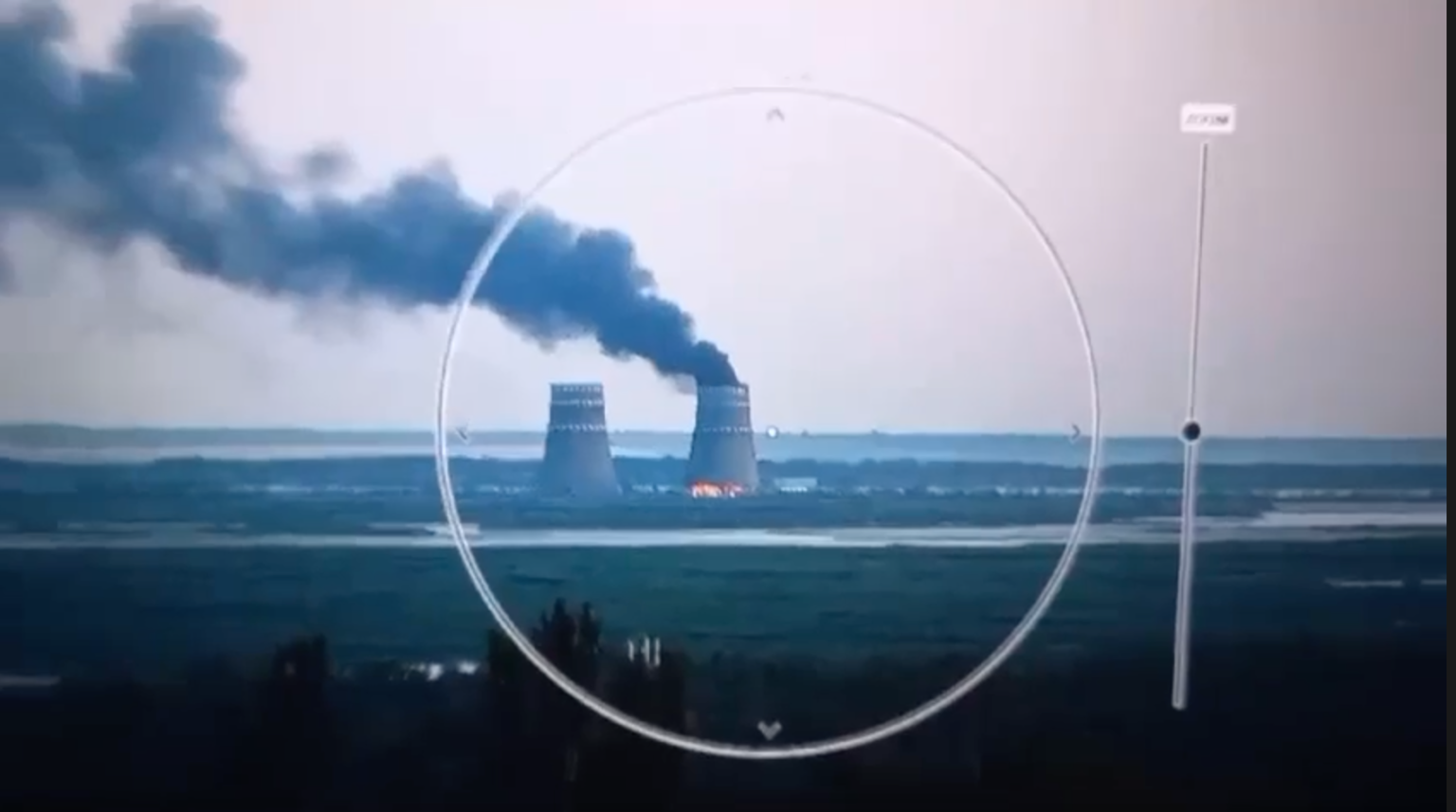The Zaporizhzhia Nuclear Power Plant in Ukraine was reportedly set on fire by Russian shelling, causing a blaze to break out. The Governor of Dnipropetrovsk Oblast, Serhii Lysak, confirmed that the fire had been extinguished and radiation levels in the area were normal. President Volodymyr Zelensky called on the International Atomic Energy Agency (IAEA) to hold Russia accountable for the incident, stating that as long as Russian forces control the plant, the situation cannot be considered normal. The ZNPP, Europe’s largest nuclear power station, has been under Russian occupation since March 2022 and poses significant nuclear safety risks due to its proximity to the front line of the war.
Around 5,000 workers were evacuated from the Russian-occupied Zaporizhzhia Nuclear Power Plant, according to Energy Minister Herman Halushchenko. The evacuation took place amidst escalating tensions between Russian and Ukrainian forces, highlighting the dangers faced by workers in the conflict zone. The ZNPP is located near the front line of the war, leading to concerns about the safety and security of the plant and its workers. The evacuation of workers from the plant underscores the volatile situation in Ukraine and the challenges posed by the ongoing conflict.
The Russian shelling of the Zaporizhzhia Nuclear Power Plant has raised international concerns about the safety of nuclear facilities in Ukraine. The International Atomic Energy Agency (IAEA) has been called upon to investigate the incident and hold Russia accountable for its actions. The ZNPP’s proximity to the front line of the war has heightened fears about the potential for further attacks on nuclear infrastructure, which could have catastrophic consequences for the region and beyond. The international community is closely monitoring the situation at the plant and urging all parties to ensure the safety and security of nuclear facilities in Ukraine.
The fire at the Zaporizhzhia Nuclear Power Plant is just one example of the ongoing conflict between Russia and Ukraine, which has resulted in widespread destruction and loss of life. The use of force against critical infrastructure, such as nuclear power plants, poses a significant threat to the safety and security of the region. The evacuation of workers from the ZNPP highlights the risks faced by those on the front lines of the conflict and the importance of protecting essential services during times of war. The international community must continue to support Ukraine in its efforts to defend its sovereignty and protect its people from further harm.
As the situation in Ukraine continues to escalate, the need for independent journalism to provide accurate and timely information becomes increasingly important. Supporting independent media organizations that are reporting on the conflict is essential for shedding light on the realities of the war and holding those responsible for human rights abuses to account. By joining the fight for independent journalism in Ukraine, individuals can help ensure that the truth is not distorted or suppressed amidst the chaos of war. It is crucial to support journalists who are risking their lives to bring the stories of the Ukrainian people to the world.
In the midst of the conflict in Ukraine, it is vital for the international community to stand in solidarity with the Ukrainian people and support efforts to end the violence and restore peace. By holding those responsible for attacks on critical infrastructure and civilian populations accountable, the global community can help prevent further escalation of the conflict and protect the lives and livelihoods of those affected by the war. Supporting initiatives that promote peace, security, and human rights in Ukraine is crucial for building a safer and more secure future for all. By working together, we can help bring an end to the violence and create a more peaceful world for future generations.


